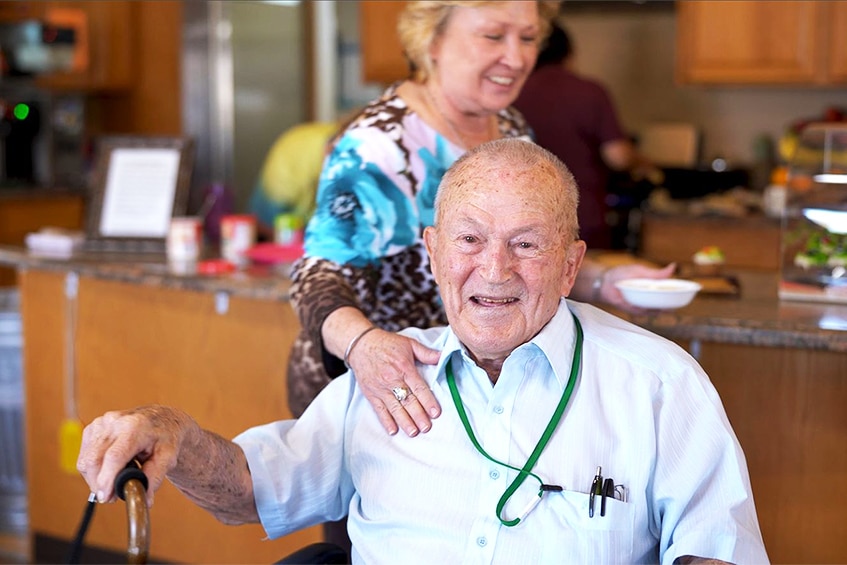It’s November and our thoughts turn to the holidays, especially Thanksgiving. While turkey and pumpkin pie are certainly part of this fall holiday, it began as a celebration of thanks for the harvest and blessings of the past year.
For some, the holidays can be filled with sadness, depression or anxiety; these feelings can particularly affect the elderly. But research has shown that one central theme of this time of year can literally change those feelings, the key point of this season—gratitude and thankfulness.
Gratitude is the expression of thankful appreciation for what one receives, whether it’s tangible or intangible. Studies have shown that feeling thankful improves sleep, mood, and even strengthens immunity. It can also decrease anxiety, depression, and chronic pain. Some neuroscientists believe that our brains are wired to focus on negative information as way to learn from pain so that we avoid it in the future; they refer to that as “negativity bias”.
The way to overcome that is to focus on gratitude, which can lower blood pressure and improve immunity. The Mayo Clinic offers an online “Discover Gratitude” program, designed to focus you on a 30-day program to identify things in your life for which you’re grateful. Other suggestions to focus your thoughts on gratitude:
- Health: for seniors struggling with health issues, this can turn anxiety into a positive thought process—instead of thinking about chronic pain or a failing body, spend a few moments on the marvel of every human body. Despite the impact of aging, holding the hand of a loved one, a hug, the ability to put a puzzle together, are positive things that even a frail body can achieve.
- Nourishment: each year, we eat about 1,000 meals! Today, what did you have that was tasty? Think back to the first time you tried something different—a new flavor, a new option from the grocery store. The clink of an ice cube in your glass or the anticipation of homemade green chile stuffing or red chile on the mashed potatoes are ways to think about gratitude.
- Activities: for the elderly, days may have less and less physical activity but each day still is filled with comings and goings, things to do, or places to be, even if that is just the trip to the dining table. Take time to think what really happened during the day—a smile from a friend, some time spent in the sunshine, a particularly good piece of music you enjoyed.
- Time: each day, we all awake with 24 new hours. Yesterday is gone, tomorrow is unknown, but today is a gift. Adopting that mindset sets the stage to fill today with happiness; focusing on gratitude and thankfulness tucks each moment into a memory to be relived.
At BeeHive assisted living homes across Texas, we help the residents in our small adult living homes see each day as a blessing. Our caregivers are here to help with the activities of daily living, but also to bring hope and positive experiences to our residents. If we can help your family in caring for an aging parent or loved one, please give us a call to learn more about assisted living centers in many towns across Texas.

